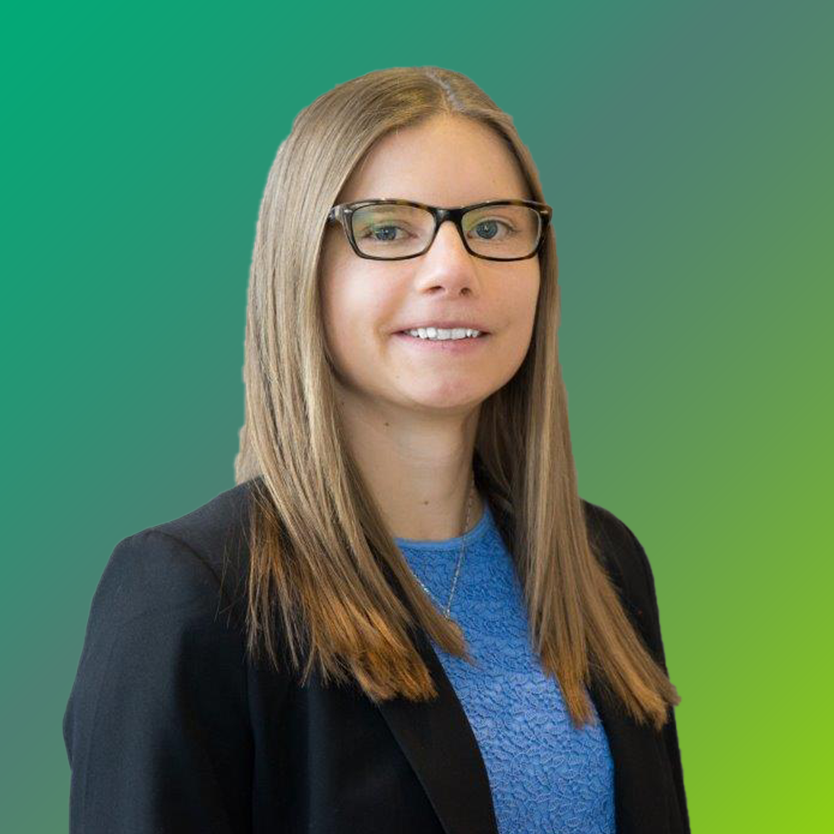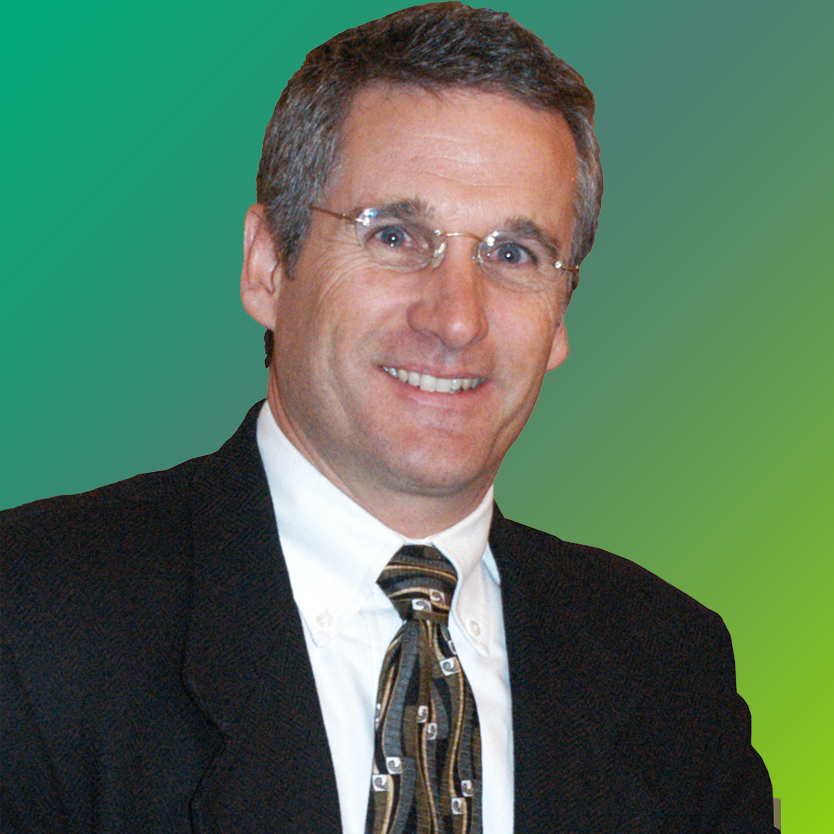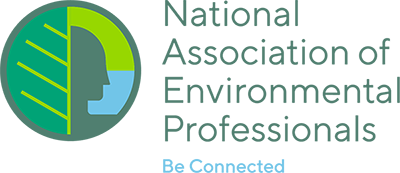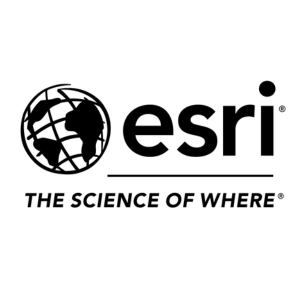|
Session A8.1
Applying Environmental Justice Best Practices and Mitigations for NEPA Documents
Emily Gulick & Ben Goldsworthy
2:00 – 2:30 PM (PT) | 5:00 – 5:30 PM (ET)
| About the Presentation |
|
Over the past year, environmental justice received an increased amount of attention in the media and scholarly publications; this trajectory will likely intensify as the White House and agencies works to address environmental justice issues across the nation. Federal agencies are required to analyze the environmental effects of their proposed actions on minority, low-income, and tribal communities under NEPA. The Spaghetti Bowl, a busy and complex interchange that connects multiple highways in the heart of Reno, provides an example of successfully implementing environmental justice coordination and mitigation measures. Due to congestion and a high crash rate, the Nevada Department of Transportation (NDOT), in coordination with FHWA, completed an Environmental Impact Statement (EIS) focusing on improvements to reduce traffic delays and improve safety.
These design improvements resulted in displacements to minority and low-income populations at a time when Reno is experiencing a housing shortage and the cost of housing is rising while the availability is declining. Additionally, NDOT worked closely with the Reno-Sparks Indian Colony (RSIC) which has tribally owned land adjacent to the project corridor. NDOT conducted initial environmental justice surveys and developed separate and specific outreach plans for environmental justice communities, the tribal council, and the low-income housing community. To mitigate displaced residents, NDOT and FHWA went above and beyond the minimum requirements (what the Uniform Act requires) to effectively address residential impact concerns and develop lasting relationships with the impacted communities. Ultimately, the final selected alternative successfully balanced satisfying project needs while minimizing environmental and socioeconomic impacts through mitigation measures.
NEPA practitioners will benefit from additional guidance on how to effectively and efficiently implement EJ practices and strategies into their diverse projects. This includes helping clients understand EJ issues, tips to effectively engage communities, methods of identify appropriate mitigation, and advantages of thinking about environmental justice holistically.
 Environmental Justice Track, 0.5 AICP Credits Environmental Justice Track, 0.5 AICP Credits
|
| About the Speakers |
|
 Emily Gullick Emily Gullick
Environmental Planner
Jacobs
Emily Gulick is an Environmental Planner for Jacobs Engineering and has 4 years of industry experience. At Jacobs, she primarily focuses on supporting large-scale and highly controversial NEPA projects for federal agencies, including NASA, DoD, and NSF. Additionally, she supports an internal community of practice for Environmental Impact Assessments, providing administrative and technical input on the latest industry trends. Emily is extremely passionate about the environmental industry and the trajectory of environmental justice. Emily holds a B.A. in Environmental Studies and a B.A. in Geography from the University of Colorado Boulder. Additionally, Emily has been a member of NAEP for her entire (albeit short) environmental career.
|
|
 Ben Goldsworthy Ben Goldsworthy
NEPA Planner/Project Manager
Jacobs
Ben Goldsworthy (Jacobs Engineering) has 17 years' experience preparing NEPA documents and conducting public involvement and agency coordination for a variety of important transportation projects throughout the country. He has extensive experience working with state DOTs (Wisconsin, Nevada, Missouri, Iowa, Minnesota, Kansas, Michigan, and Illinois) and FHWA in completing complex NEPA documents. Throughout his career, Ben's focus has been on completion of large system interchange NEPA documents. Ben has spent the past 12 years with Jacobs Engineering/CH2M in the Milwaukee office. Prior to that, he worked with consulting firms in Missouri and Minnesota. Ben holds a B.A in Political Science from the University of Wisconsin – Madison and a M.S in Urban and Regional Planning from the University of Iowa.
|
Session A8.2
Environmental Justice (EJ) and Virtual Public Involvement
Carolyn Nelson
2:30 – 3:00 PM (PT) | 5:30 – 6:00 PM (ET)
| About the Presentation |
|
The outreach to environmental justice (EJ) and other underserved communities is becoming more prevalent as virtual public involvement (VPI) becomes more predominant in today's society. This presentation will focus on the use of various VPI tools targeted for better engaging underserved communities. The use of VPI has been found to be most useful for increasing public participation in all forms of outreach from public meetings to NEPA required public hearings.
 Environmental Justice Track, 0.5 AICP Credits Environmental Justice Track, 0.5 AICP Credits
|
| About the Speaker |
|
 Carolyn Nelson Carolyn Nelson
Civil Engineer/Environmental Protection Specialist
DOT-FHWA
Carolyn Nelson, P.E. is a Civil Engineer at the FHWA who works as a Project Development and Environmental Specialist in the Office of Project Development and Environmental Review. Responsibilities include providing technical assistance and project oversight regarding NEPA compliance to FHWA Division Offices, federal partners, State and local agencies. Carolyn is the NEPA lead for Environmental Justice, Title VI, CSS/D, and Public Involvement. Carolyn is a Licensed Professional Engineer and holds B.S. and M.S. degrees in Civil Engineering.
|
Session A8.3
Diversity, Equity and Inclusion: Emerging Issues, Practices and Strategies
Brian Kennedy, AICP; Jennifer Kellar, Ashley Bush, & Kory Wilmot
3:00 – 3:30 PM (PT) | 6:00 – 6:30 PM (ET)
| About the Presentation |
|
The importance and level of effort necessary to properly address the interconnected concepts of diversity, equity and inclusion (DEI) has increased due to a variety of environmental, social, economic and political developments. The Council on Environmental Quality under President Trump and under President Biden is modifying the rules, guidance and practitioner understandings. Key issues are now clearer, new requirements and expectations are emerging and better methods are now available. Prior to recent changes, diversity, equity and inclusion efforts were focused on public engagement and environmental justice matters such as reaching out to typically underrepresented participants and assessing whether potential impacts of a project produced disproportionate effects. These efforts remain vital as equitable outcomes, beneficial effects and economic opportunities are becoming more prominent. This presentation will address project types that require more in-depth DEI analysis, underlying regulatory requirements, deeper definitions for the four core components of DEI analysis, evidence reflecting industry practice trends, and new methods and tools for comprehensive DEI efforts.
The four core elements of DEI are as follows:
- Outreach and engagement
- Disproportionate effects
- Economic opportunity
- Investment benefits Outreach and engagement efforts need to be broad and inclusive while also addressing pandemic and post-pandemic modifications to past practices.
Innovation is needed to achieve the intent of applicable requirements. Disproportionate effects analyses need to fully clarify the implications of alternatives and address mitigation plans. Economic opportunity analysis needs to encompasses impacts on jobs, providing meaningful project roles for disadvantaged businesses, and how projects influence development before, during and after a project is implemented. Investment benefits involves looking carefully at how collaborative decision making reflects equitable long-term outcomes. This may relate to gentrification and whether project-level or system-level equity is achieved. This presentation will broaden common understandings and provide project and methodology examples, including best practices.
 Environmental Justice Track, 0.5 AICP Credits Environmental Justice Track, 0.5 AICP Credits
|
| About the Speaker |
|
 Brian Kennedy, AICP Brian Kennedy, AICP
Senior Project Manager
AECOM
Brian Kennedy is a Senior Project Manager at AECOM with 38 years of experience in environmental impact assessment and permitting, environmental process management, and public involvement. Brian is the Environmental Impact Assessment Technical Practice Group Leader in the Americas for AECOM Environment and the Public Involvement Practice Leader in the Americas for AECOM Transportation. Brian's experience spans the planning, design, construction and operational phases projects. Brian's client experience includes working with a wide range of public and private sector clients. Brian's federal clients include: FHWA, FTA, FAA, BLM, USFS, DOE, DOD (USAF, US ARMY, USACE) and NPS. Brian has nationwide experience working with State DOTs and transit agencies. His diverse Federal Lead Agency experience, wide ranging project experience, and in depth interdisciplinary technical understandings and innovative contributions to public engagement and communications combine to offer clients timely, technically accurate and understandable communications, documentation and compliance processes.
|
|
 Jennifer Kellar Jennifer Kellar
Vice President, Strategic Communications Service
AECOM
Jennifer Kellar has nearly 20 years of experience in public relations. She is a graduate of the University of Maryland College Park journalism program with a concentration in public relations. She is Accredited in Public Relations (APR) by the Universal Accreditation Board and the Public Relations Society of America. She is also a certified project manager. She manages the Strategic Communications Services department, which functions like a boutique public relations agency within AECOM, providing communications consulting services to public and private sector clients in a variety of industries. The department consists of approximately 20 communications professionals, graphic designers, and technical editors.
|
|
 Ashley Bush Ashley Bush
Transportation Planner II
AECOM
Ashley is a Transportation Planner who has spent much of her career working on public involvement initiatives, including working in several aspects of resiliency/ hurricane relief. Her public involvement activities include planning and executing charrettes, pop-up public outreach events, public open houses, and public hearing. Ashley has used survey tools such as MetroQuest to engage the public in fun, meaningful ways. Ashley gave a presentation of her MetroQuest Survey for Kinston Bypass at the 2019 International Association for Public Participation Conference in Charlotte, NC and presented again for their 2020 Summer webinar series with a viewership of over 300 participants across the USA, Canada, Europe, Australia and South Africa. Ashley was recently named the East Region Equity, Diversity, and Inclusion Lead for AECOM.
|
|
 Kory Wilmot Kory Wilmot
Senior Urban Planner
AECOM
Kory Wilmot has worked for AECOM for sixteen years as a project manager with his primary focus on community planning, environmental studies, and public engagement. He has worked closely with local, state and Federal government agencies throughout the United States in the development and implementation of infrastructure projects. Mr. Wilmot has a Bachelor's of Art in Urban and Regional Planning from the University of Illinois and a Master's in Public Administration from the University of North Carolina.
|
|

 Emily Gullick
Emily Gullick Ben Goldsworthy
Ben Goldsworthy Carolyn Nelson
Carolyn Nelson Brian Kennedy, AICP
Brian Kennedy, AICP Jennifer Kellar
Jennifer Kellar Ashley Bush
Ashley Bush Kory Wilmot
Kory Wilmot